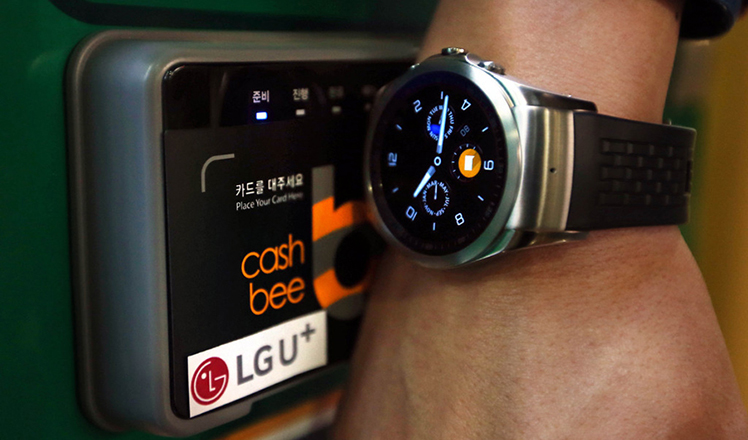Carriers react to e-commerce boom
Updated: 2016-08-24 10:48
By Paul Welitzkin in New York(China Daily USA)
|
||||||||
As e-commerce traffic between China and the US heats up, some freight carriers are expanding facilities to handle the growing business from consumers who order products through the internet in both countries.
Last month, Germany's Deutsche Post AG's DHL shipping unit unveiled a $137 million expansion in Chicago, partially to support the increasing DHL footprint in China.
DHL e-commerce CEO Charles Brewer also announced plans to expand DHL in China, including the opening of distribution centers in Shanghai, Shenzhen and Hong Kong. The facility in Shenzhen will be able to handle 18 million packages daily.
"From a macro perspective, China accounts for 40 percent of global e-commerce sales," Brewer told Xinhua.
DHL's expansion in Chicago includes a new facility north of Midway Airport on Chicago's South Side that can process more than 2,500 shipments an hour, complementing an existing facility near O'Hare International Airport, and a helicopter delivery service launched in 2015 to deliver urgent documents to financial and legal firms.
Natalie Godwin-Norrington, a spokeswoman for DHL rival United Parcel Service Inc (UPS) wrote in an email that UPS's international export volume grew 4 percent versus the same period in the prior year, and that increased shipments from China to the US are part of that growth.
Godwin-Norrington said while UPS' focus when it first went to China was on developing capabilities along the coastal top-tier cities, the company continues to see opportunities in other parts of China.
"According to McKinsey & Company (management consultants), there are 160 million people in China's lower-tier cities who use online services, but have yet to begin shopping online. This presents tremendous potential for e-commerce growth. Last year, UPS expanded to 21 additional tier-2 and -3 cities in China," she said.
The cross-border e-commerce market is expected to increase in value from $40 billion in 2014 to more than $240 billion in 2020, according to Joel Backaler, a managing director at Frontier Strategy Group and author of China Goes West, a book about Chinese companies going global.
"Chinese consumers are leveraging e-commerce to buy the best products from the US, especially when it comes to products related to health and beauty, baby care and food. Cross-border e-commerce is enabling Chinese consumers to access the best quality products from the US that they otherwise would have to hire a daigou middleman agent to access," Backaler said in an email.
paulwelitzkin@chinadailyusa.com
- China, Japan, S. Korea should work to make differences controllable
- Several killed after strong quake strikes Italy, topples buildings
- FM's Tokyo trip to help set trilateral G20 cooperation tone, source says
- DPRK's renovated central zoo attracts thousands of visitors every day
- Canadian PM to visit China
- UN Security Council slams deadly terrorist attack in Turkey

 Top 5 smartwatches in customer satisfaction
Top 5 smartwatches in customer satisfaction
 Woman creates silk Chinese cabbage
Woman creates silk Chinese cabbage
 Panda family celebrate birthday in Malaysia
Panda family celebrate birthday in Malaysia
 Life of an underwater photographer
Life of an underwater photographer
 Lakers confirms Yi Jianlian's signing
Lakers confirms Yi Jianlian's signing
 Premier Li pays homage to Red Army martyrs
Premier Li pays homage to Red Army martyrs
 'Born in China' in Chinese paintings
'Born in China' in Chinese paintings
 Goodbye, Rio; hello, Tokyo
Goodbye, Rio; hello, Tokyo
Most Viewed
Editor's Picks

|

|

|

|

|

|
Today's Top News
Trump outlines anti-terror plan, proposing extreme vetting for immigrants
Phelps puts spotlight on cupping
US launches airstrikes against IS targets in Libya's Sirte
Ministry slams US-Korean THAAD deployment
Two police officers shot at protest in Dallas
Abe's blame game reveals his policies failing to get results
Ending wildlife trafficking must be policy priority in Asia
Effects of supply-side reform take time to be seen
US Weekly

|

|








